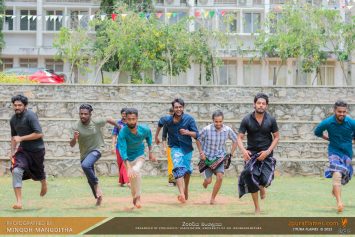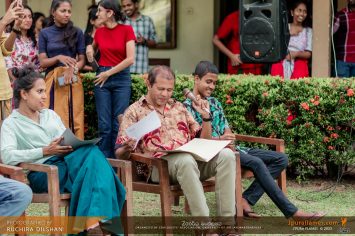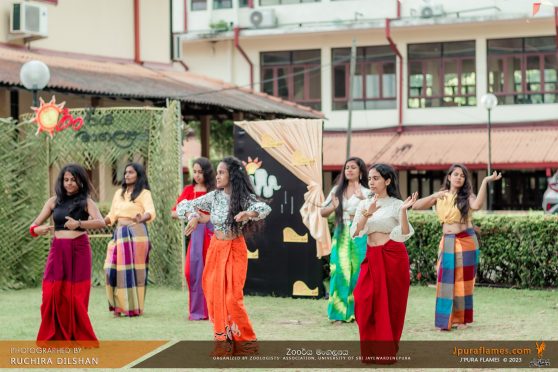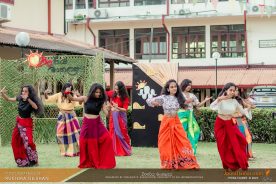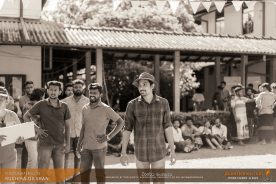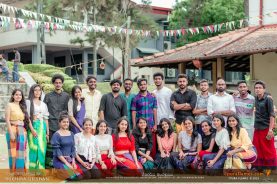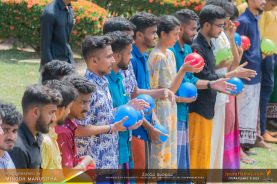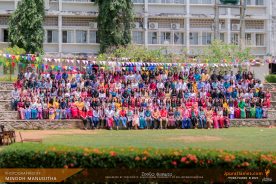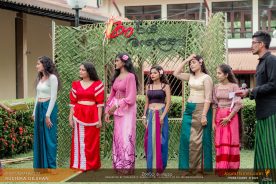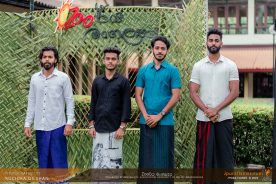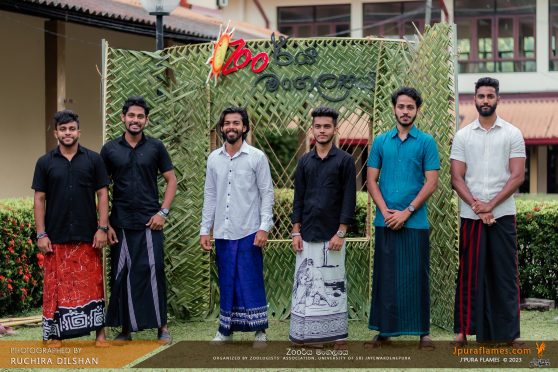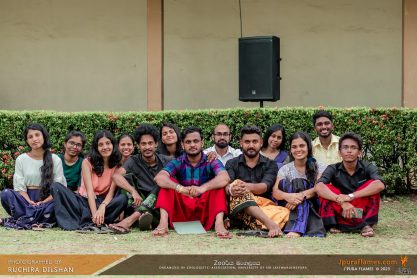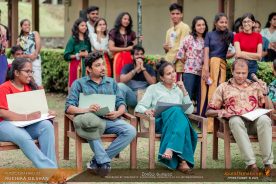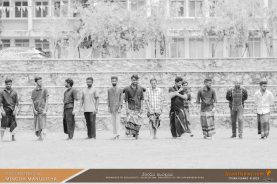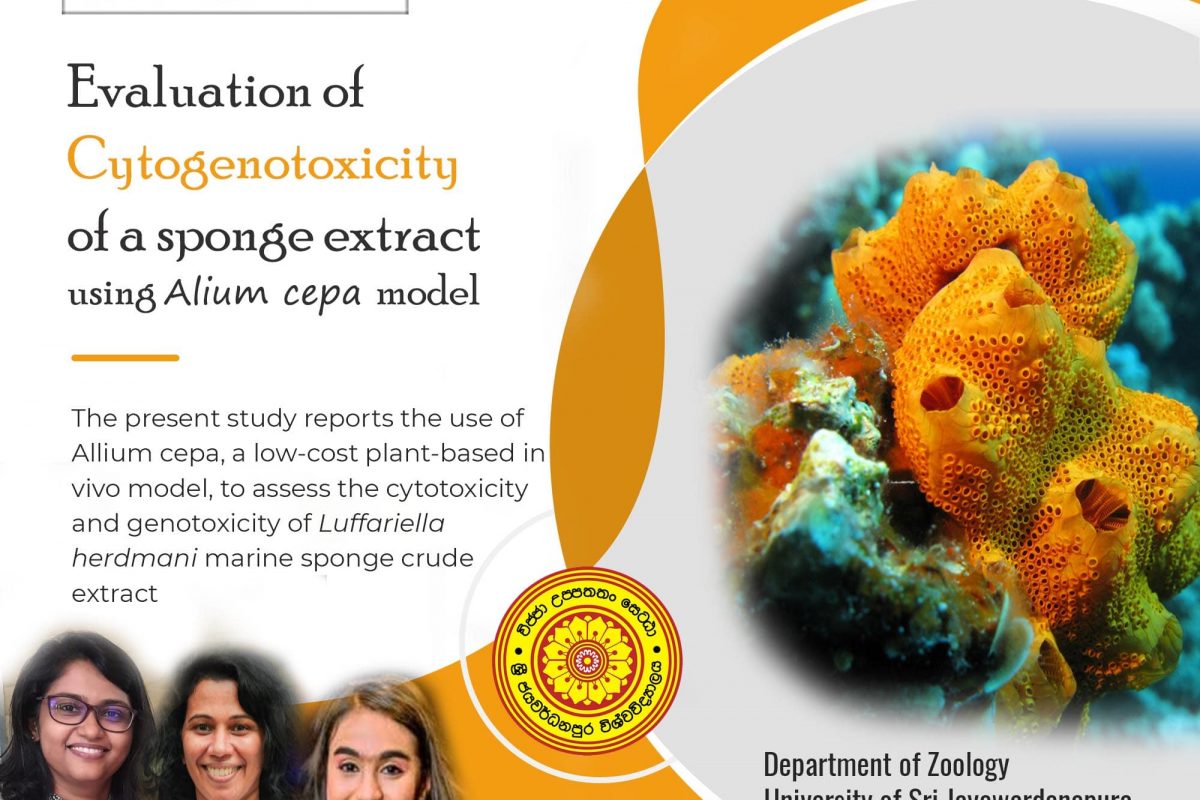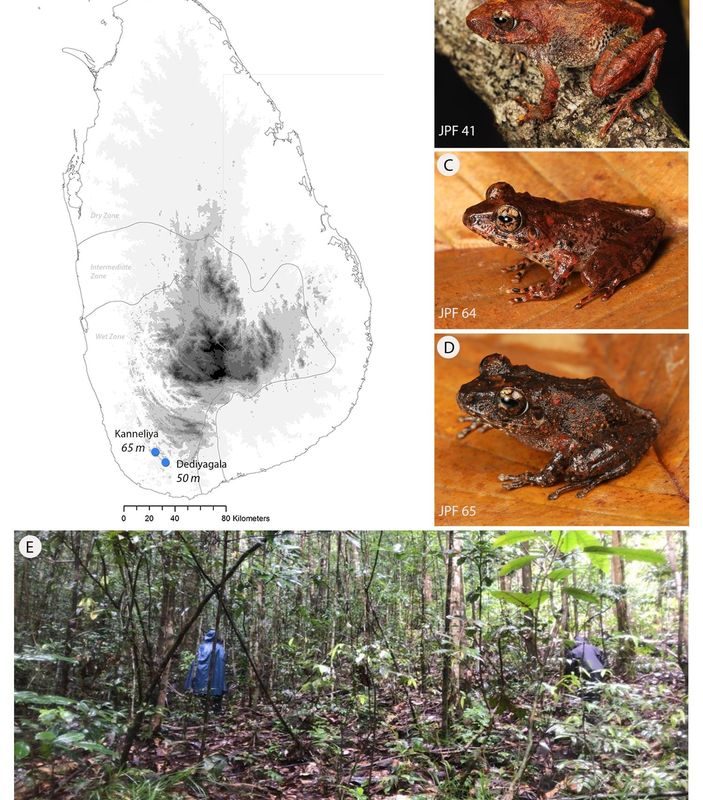The Zooර්ය මංගල්යය, an annual event organized by the Zoologists’ Association of the University of Sri Jayewardenepura, took place on April 30th at the university premises. The event provided a unique platform for students, staff, and their family members to come together and celebrate the Sinhala-Hindu New Year. It was a fun-filled event with many traditional games.
Sashini U. Kuruppuarachchi, Uthpala A. Jayawardena and Varuni K. Gunathilake
published in Alternatives to Laboratory Animals
Marine sponge extracts are known to contain potentially toxic compounds that have biological activities of possible pharmacological interest. Thus, it is vital that biological models are used for the preliminary toxicity screening of such extracts. The present study reports the use of Allium cepa, a low-cost plant-based in vivo model, to assess the cytotoxicity and genotoxicity of Luffariella herdmani marine sponge crude extract (SCE). Pre-germinated onion bulbs, exposed for 96 hours to different concentrations of SCE (ranging from 0.3125 to 20 μg/ml), were used to determine general cytotoxicity. Root length as well as morphological abnormalities were recorded. Genotoxicity was assessed by exposing the root tips to SCE (0.3125–20 μg/ml) and the appropriate controls for 48 hours, and then staining with acetocarmine. The
Mitotic Index (MI), Mitotic Phase Indices (MPIs) and chromosomal aberrations were evaluated and recorded. SCE inhibited A. cepa root growth (EC50 = 10.34 μg/ml) and elicited a mitodepressive effect (LC50 = 1.95 μg/ml) in a dose-dependent and significant manner. In addition, macroscopic alterations as well as chromosomal aberrations were detected. Overall, our findings indicate that L. herdmani crude extract exhibits cytotoxic and genotoxic activity, suggesting that it might contain substances with anti-proliferative/anticancer potential that could be subject to further characterisation.
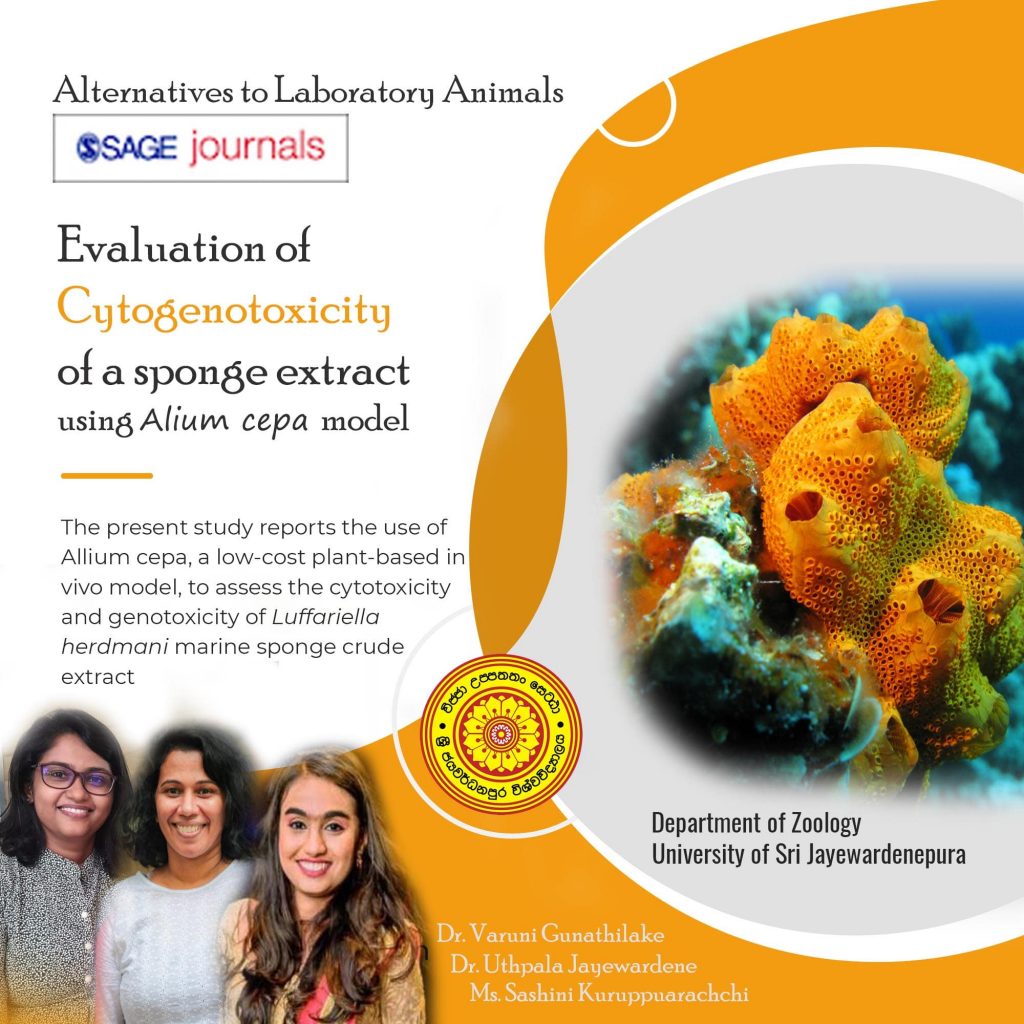
SHASHIKA ABEYSEKARA; HELANI SAMARASINGHE; KELUM MANAMENDRA-ARACHCHI; HIMASH ADHIKARI; SONALI PREMARATHNE; CHAMPIKA BANDARA; USHANI PERERA; NAYANA WIJAYATHILAKA
published in Zootaxa
Pseudophilautus conniffae from Lowland wet zone of Sri Lanka, was described as a new species in 2019. The validity of the new species was questionable and was often challenged as it shares strong morphological resemblance with P. limbus. Moreover, the phylogenetic placement of P. conniffae was unknown as no molecular data was available until now. Here, we generated 16S DNA sequences and re-examined the external morphological characters to assess its taxonomic distinctiveness. Pseudophilautus conniffae was recovered as being close to P. limbus with strong posterior probability and bootstrap support. The uncorrected pairwise genetic distance between P. conniffae and P. limbus was negligible, being less than 0.3% for the 16S gene fragment. Further two molecular species delimitation methods, ABGD and mPTP suggested that P. conniffae and P. limbus are a single operational taxonomic unit. The Principal Component Analysis of the morphometric characters also resulted in overlapping clusters. These results suggest that the newly described P. conniffae is not a valid species and we conclude that P. conniffae as a junior synonym of P. limbus.
A recent publication of the Center for Marine Science and Technology, Department of Zoology, University of Sri Jayewardenepura has proven that Sri Lanka is no more among the top 5 countries that discharge mismanaged waste plastics to the world’s oceans.
The publication proves that Sri Lanka’s 5th position in the worst polluters list is due to an error in source data and interpretation and the researchers request that the Government, publications, and general public to avoid referring Sri Lanka’s position in the worst polluters ranking hereafter since it is such an irrational claim.
However, the researchers also highlight that we are not doing good in managing marine plastic waste, single-use plastics in particular, the next struggle that we all have to take part in. The open-access publication is available at the following link.




